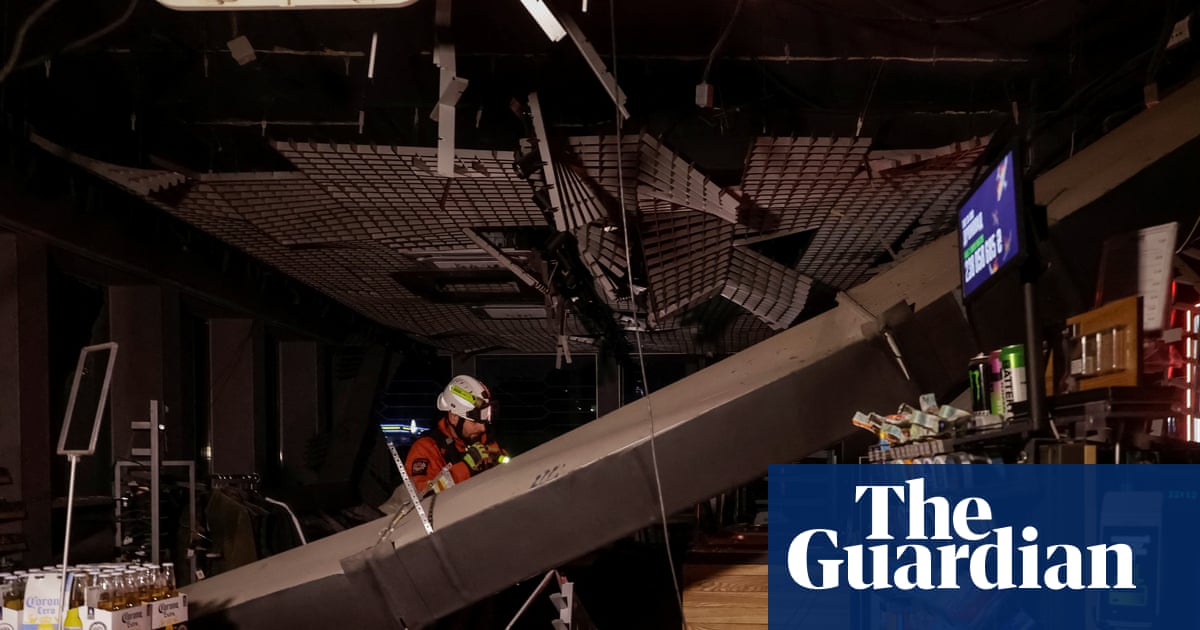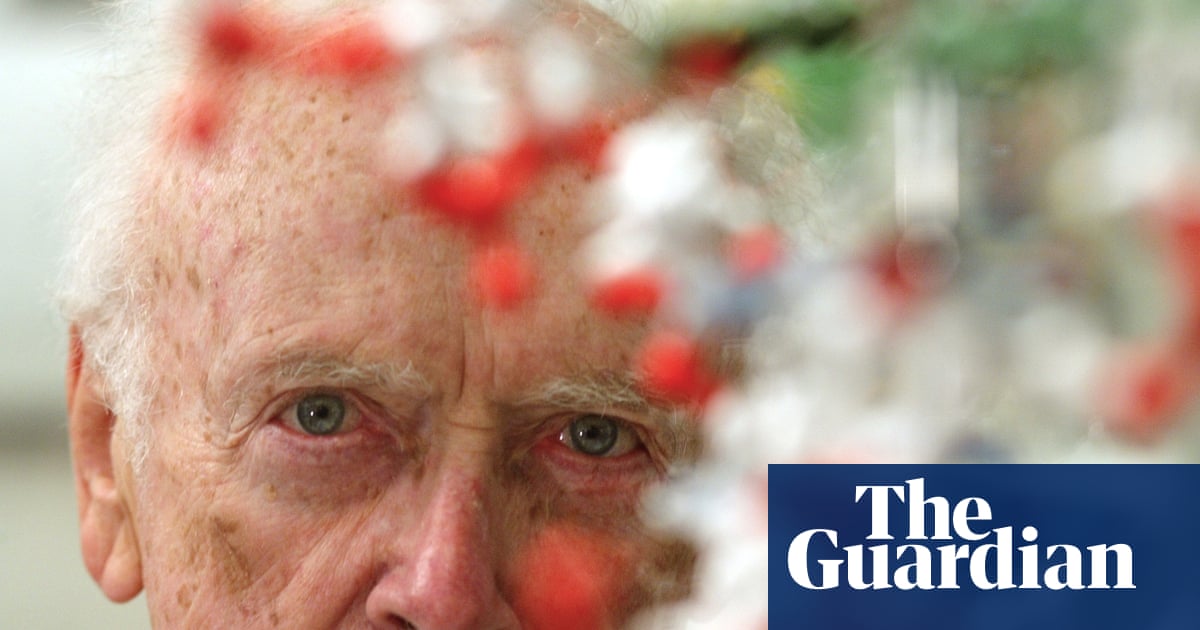A woman who was found dead alongside her “entirely dependent” teenage daughter had called 999 saying she “could not move” almost four months before her body was found but no ambulance was sent to her, an inquest has heard.
Alphonsine Djiako Leuga, 47, suffered from sickle cell anaemia and died from pneumonia, and her 18-year-old daughter, Loraine Choulla, had learning difficulties and Down’s syndrome, relying on her mother for food and hydration.
Nottingham coroner’s court heard that Leuga called 999 on 2 February last year saying she was cold and could not move, and gave details of her address before hanging up.
The hearing was told that during the call Leuga groaned, requested an ambulance, and said: “I need help to my daughter” and: “I’m in the bed, I feel cold and can’t move” before cutting off the line.
She also gave details of her address in Radford, Nottingham, where her body and that of her daughter were found on 21 May last year, almost four months later.
Giving evidence at an inquest into their deaths, East Midlands ambulance service’s head of patient safety, Susan Jevons, said the call should have been referred to the control room dispatch officers.
She said attempts had been made to call Leuga back and that “the call should have been left for an ambulance to attend once we had got the address, which we had.
“The ambulance didn’t go to the address because the emergency medical adviser, thinking it was an abandoned call, closed the call down. So it wasn’t visible to anybody within the emergency operations centre.”
The coroner said she would have to consider the possibility that sending an ambulance to the address “might have been the difference between life or death” for Choulla.
Jevons said there was a “missed opportunity for an ambulance to attend Alphonsine when she requested one”.
The inquest was told that Leuga was admitted to hospital for a blood transfusion in late January last year as she was critically ill with very low iron levels, and she was given a “pragmatic” discharge due to her daughter’s care needs.
after newsletter promotion
Pathologist Dr Stuart Hamilton told the hearing that the mother and daughter were both likely to have been dead for “weeks to months” before they were found, rather than for days or hours. He said he could not rule out the possibility that Leuga had died on the day of the 999 call.
Hamilton said Leuga’s cause of death was pneumonia of uncertain cause, while her daughter’s cause of death could not be established.
Asked to comment on the possibility that Choulla’s death may have been because of dehydration or malnutrition, Hamilton answered: “There is nothing in my findings that say any of that is incorrect.”
The inquest continues and is expected to last five days.

 3 months ago
50
3 months ago
50

















































